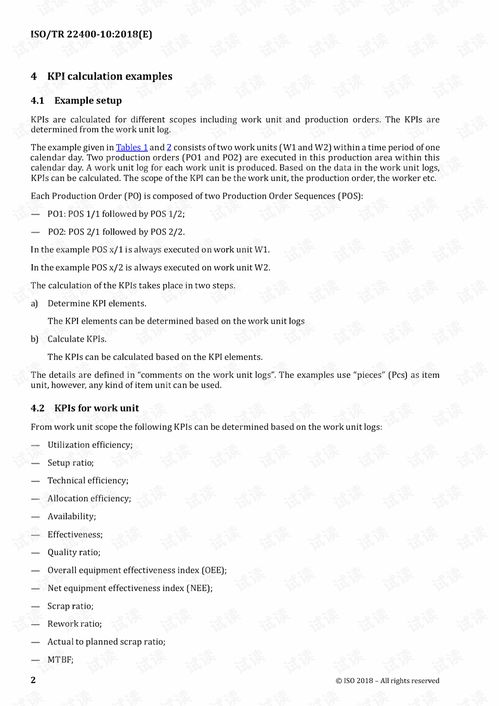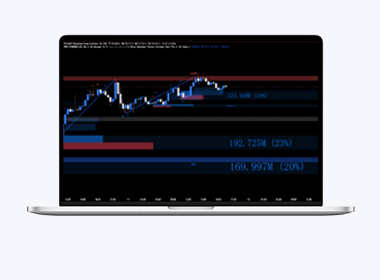In today’s digital age, understanding and leveraging key performance indicators (KPIs) is crucial for businesses aiming to achieve and surpass their operational and strategic goals. This article delves into the essence of KPIs, their importance in various sectors, and how effectively monitoring and analyzing these metrics can drive success. Covering everything from the basics of KPIs to advanced analysis techniques, we provide insights that are essential for professionals looking to optimize performance and achieve long-term objectives.
Understanding the Fundamentals of Key Performance Indicators
Key Performance Indicators (KPIs) are quantifiable measures that are used to gauge or compare performance in terms of meeting strategic and operational goals. Though the concept might seem straightforward, the process of selecting the right KPIs requires a deep understanding of what is important to the organization. Moreover, different sectors have distinct KPIs relevant to their specific goals. For instance, a retail business may focus on inventory turnover rates, while a website might measure success by the number of unique visitors or page views. Embedding KPIs into the decision-making process can significantly enhance the ability to achieve short and long-term objectives. However, the effectiveness of KPIs lies not only in their selection but also in how they are monitored, analyzed, and interpreted. This leads organizations to adopt various analytical tools and methodologies to effectively track performance and make data-driven decisions.
The Role of Technology in KPI Tracking and Analysis
In the era of big data, technology plays a pivotal role in the tracking and analysis of KPIs. Business Intelligence (BI) tools and analytics platforms have transformed the way organizations approach data analysis, offering powerful capabilities to process and interpret vast amounts of information efficiently. These technological advancements not only facilitate the real-time monitoring of KPIs but also enable predictive analytics, which can forecast future trends and behaviors. Consequently, companies can proactively adjust strategies and operations to better align with their goals. The integration of these tools into business processes underscores the importance of data literacy among professionals, as making informed decisions increasingly relies on the ability to understand and analyze data accurately.
Strategic Implementation of KPIs for Organizational Success
The proper implementation of KPIs is critical for any organization aiming to achieve its objectives effectively. This involves not only selecting relevant KPIs but also ensuring their alignment with the company’s strategic goals. Additionally, it requires the establishment of clear communication channels for reporting and discussing KPI findings, fostering a culture that values data-driven decision-making. Moreover, the continuous review and adjustment of KPIs are necessary to reflect changing market conditions or internal priorities, maintaining their relevance and effectiveness over time.
Key Performance Indicators (KPIs) serve as a compass guiding businesses towards their desired outcomes. From the initial selection of relevant metrics to the strategic analysis and implementation, understanding KPIs is indispensable for achieving success in any sector. This article has explored the fundamentals of KPIs, their crucial role in modern business operations, and how effectively deploying them can elevate organizational performance. By embracing a holistic approach to KPI tracking and analysis, businesses can ensure they remain aligned with their strategic objectives, adapt to market changes, and ultimately achieve sustainable growth.
版权:文章归 神灯指标 作者所有!
转载请注明出处:https://www.177911.com/1376.html



 微信扫一扫
微信扫一扫 













还没有评论呢,快来抢沙发~